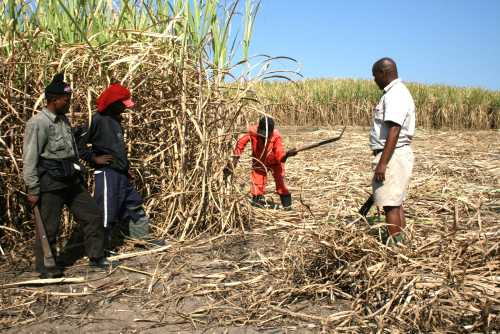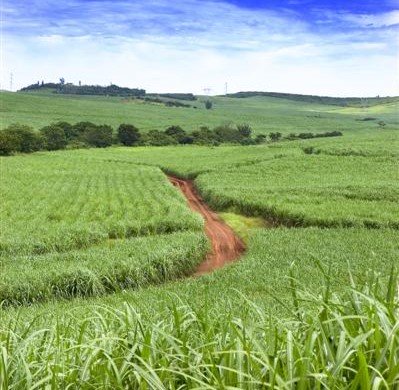Although regarded as the so-called ‘quiet time’ of the season, January – March is a period of maximum growth; it is therefore the time when maximum income is being generated. Growers with irrigation should be on full alert to ensure that the impact of loadshedding is minimised by attending to factors within your control (such as effective irrigation scheduling, weed control and regular equipment maintenance).
Planning your ripening, harvesting and replant programmes for the coming season should be finalised by now. However, if further information is required, visit the SASRI website to access the various yield benchmarking, crop estimating and weather-related decision support tools available. Or speak to your SASRI Extension Specialist.
If the RV price remains at current levels, it will profit growers greatly to attend to all issues of crop management such as irrigation scheduling, soil health, crop nutrition, weed control, seedcane, variety choice and pest and disease control. Also, make sure the right choices are made and that operations are carried out at the right time. Attention is necessary to all these aspects if top yields are to be achieved. Research has shown that yield benefits are compounded by systematically attending to and effectively managing each of the factors under your control.
Drawing up a programme plan of operations for all fields on the farm, is the next step once a harvesting and replant plan has been drawn up. When doing this, it is essential to visit each field and note all the necessary operations required to ensure that the field will produce maximum yield. SASRI has programme planning charts available at local extension offices which growers can use to plan all operations.

Regarding the ripening of cane, the PurEst® app has been put to extensive and good use since its introduction. Should rainfall be below long term mean in summer and autumn, the use of PurEst® is even more important for ripening decisions and choices around the relative maturity of fields. Consult your Extension Specialist for help with the use of PurEst®.
Consult your Biosecurity Officer and SASRI Extension Specialist to plan an optimum variety disposition for your farm. Match soils to varieties whilst considering the various agronomic factors and pest and disease risks.
The off-season is an opportunity to train staff without much disruption to important operations. Some courses that could be appropriate at this time are: disease, pest and variety identification, planting, Junior or Senior Supervisor, tractor care, basic workshop skills and welding. Cane cutter courses could also be scheduled for the start of the season. Contact the Shukela Training Centre on 031 – 508 7700 or your local SASRI extension office.


